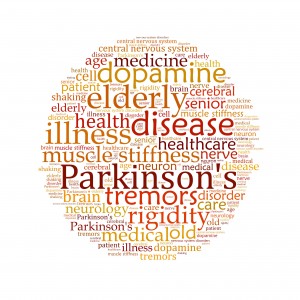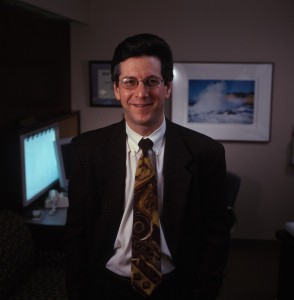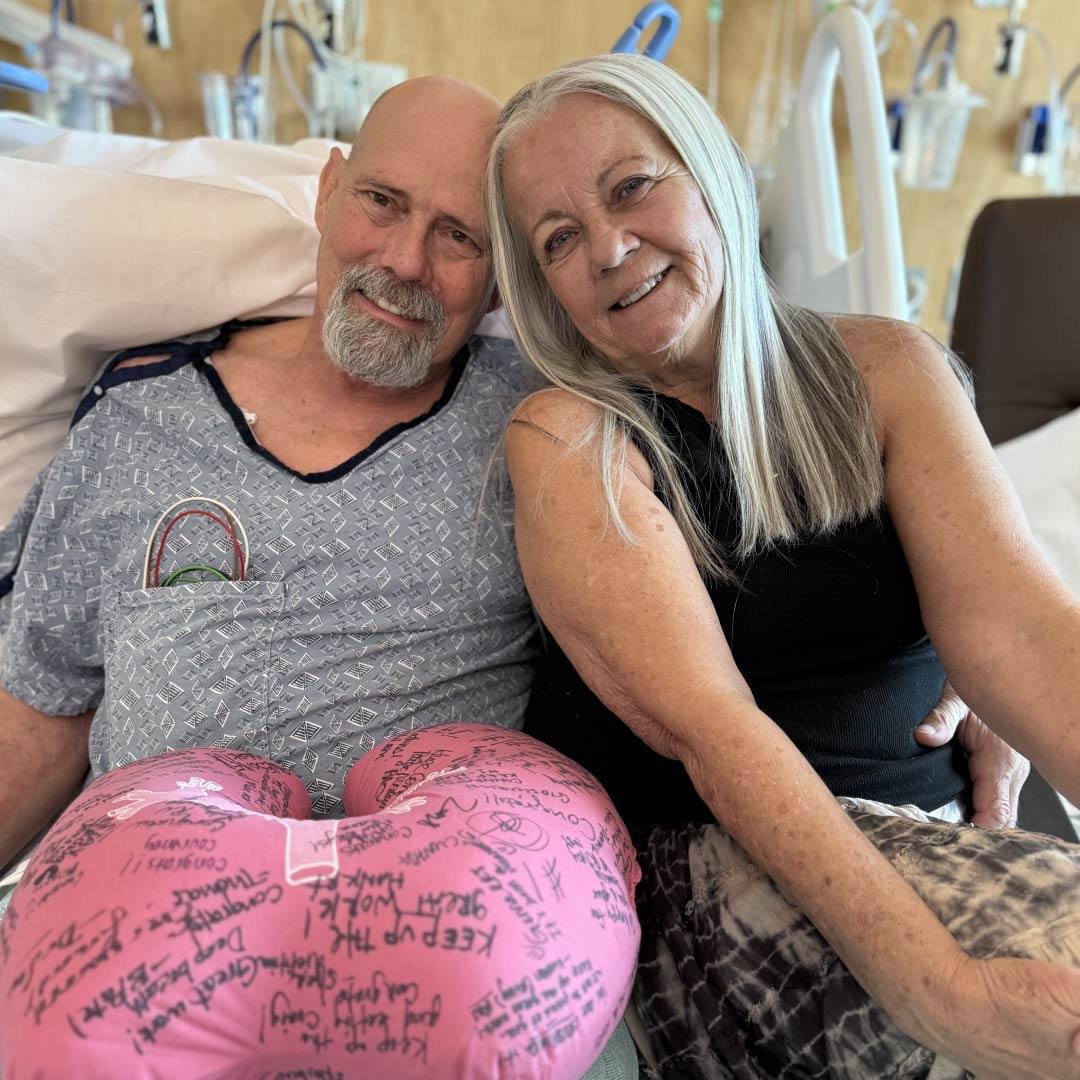 PHOENIX — Researchers from Mayo Clinic in Arizona and Banner Sun Health Research Institute have determined that many people with an early diagnosis of Parkinson’s disease are not correctly diagnosed according to a study just published in the journal Neurology.
PHOENIX — Researchers from Mayo Clinic in Arizona and Banner Sun Health Research Institute have determined that many people with an early diagnosis of Parkinson’s disease are not correctly diagnosed according to a study just published in the journal Neurology.
Parkinson's disease is a progressive disorder of the nervous system that affects movement. It develops gradually, sometimes starting with a barely noticeable tremor in just one hand. But while tremor may be the best-known sign of Parkinson's, the disorder also commonly causes stiffness and slowing of movement. Additionally there are many non-movement problems including constipation, loss of the sense of smell, sleep problems, lightheadedness, urinary difficulties, depression and anxiety. Although Parkinson's disease can't be cured, medications may markedly improve symptoms. Currently, there is no accurate diagnostic test for the disease; diagnosis is made based on medical history, a review of signs and symptoms, a neurological and physical examination and by ruling out other conditions. Confirmation of the disease can only be made by performing an autopsy.
Using data from the Arizona Study of Aging and Neurodegenerative Disorders, Charles Adler, M.D., Ph.D., Professor of Neurology, Mayo Clinic College of Medicine and his colleagues at Mayo Clinic Arizona and the Banner Sun Health Research Institute found that while they were 88 percent accurate in diagnosing Parkinson’s disease in patients with symptoms for more than five years, the accuracy was only 53 percent in subjects with symptoms or signs for less than five years. All subjects in the AZSAND study had had an autopsy and this is how the diagnosis of Parkinson’s disease was or was not confirmed.

“From a research standpoint this data is very critical as studies that enter patients early in their PD disease course must be aware that many of the patients may not actually have Parkinson’s disease,” Dr. Adler says. “It is very important the genetic, epidemiology, biomarker and even treatment trials take this data into account when designing and interpreting study results.
”While the accuracy of an early diagnosis of Parkinson’s disease is low in this study, the study should not change how patients are treated. Dr. Adler says that most of the subjects who did not have Parkinson’s disease at autopsy had other types of neurodegenerative disorders and that these are treated with the same as Parkinson’s.
Dr. Thomas Beach, who performed the autopsy diagnoses on the patients at Banner Sun Health Research Institute, emphasizes the impact of the study by noting, “When a drug for early PD is tested in clinical trials, this means that it may not work in half of the patients and this could result in trial failure even if the drug really worked for those who truly had Parkinson’s”.
One major goal of AZSAND is to find biomarkers that will help improve the ability of doctors to make the diagnosis of Parkinson’s disease during life. Drs. Adler and Beach continue to study the potential that a tissue biopsy of the submandibular gland may be a valid way of making the diagnosis in patients.
This research is the result of more than 17 years of data collection from over 1,300 volunteer subjects in Maricopa County. Without the dedication of patients with Parkinson’s disease, as well as volunteer healthy normal subjects, this research would not be possible,” Dr. Adler added.
This study has been funded by the National Institute of Health, the Michael J. Fox Foundation for Parkinson's Research, and the Arizona Biomedical Research Commission.
###
About Mayo Clinic
Mayo Clinic is a nonprofit worldwide leader in medical care, research and education for people from all walks of life. The Neurology Department at Mayo Clinic Arizona is one of the largest in the Southwest United States and specializes in the treatment of Parkinson’s disease and other movement disorders. There are multiple research studies ongoing for Parkinson’s disease. For more information, visit MayoClinic.org.
About Banner Sun Health Research Institute
For 26 years, Banner Sun Health Research Institute, part of nonprofit Banner Health, has been a leader nationally and internationally in the effort to find answers to disorders of aging including Alzheimer’s and Parkinson’s disease. The Institute, together with its Arizona Alzheimer’s Consortium partners, has been designated by the National Institutes of Health as one of just 29 Alzheimer’s disease Centers in the nation, and as the National Brain and Tissue Resource for Parkinson’s Disease and Related Disorders. The Institute’s Cleo Roberts Center for Clinical Research takes laboratory discoveries to clinical trials that foster hope for new treatments. Banner Health is Arizona’s leading health care provider and second largest private employer. For more information, visit www.bannershri.org.
About The Michael J. Fox Foundation for Parkinson’s Research
As the world’s largest funder of Parkinson’s research, The Michael J. Fox Foundation is dedicated to accelerating a cure for Parkinson’s disease and improved therapies for those living with the condition today. The Foundation pursues its goals through an aggressively funded, highly targeted research programs coupled with active global engagement of scientists, Parkinson’s patients, business leaders, clinical trial participants, donors and volunteers. In addition to funding more than $325 million in research to date, the Foundation has fundamentally altered the trajectory of progress toward a cure. Operating at the hub of worldwide Parkinson’s research, the Foundation forges groundbreaking collaborations with industry leaders, academic scientists and government research funders; increases the flow of participants into Parkinson’s disease clinical trials with its online tool, Fox Trial Finder; promotes Parkinson’s awareness through high-profile advocacy, events and outreach; and coordinates the grassroots involvement of thousands of Team Fox members around the world.
Media Contact:
Jim McVeigh, Mayo Clinic, 480-301-4222, mcveigh.jim@mayo.edu
Public Relations, Banner Sun Health Research Institute, media@bannerhealth.com








